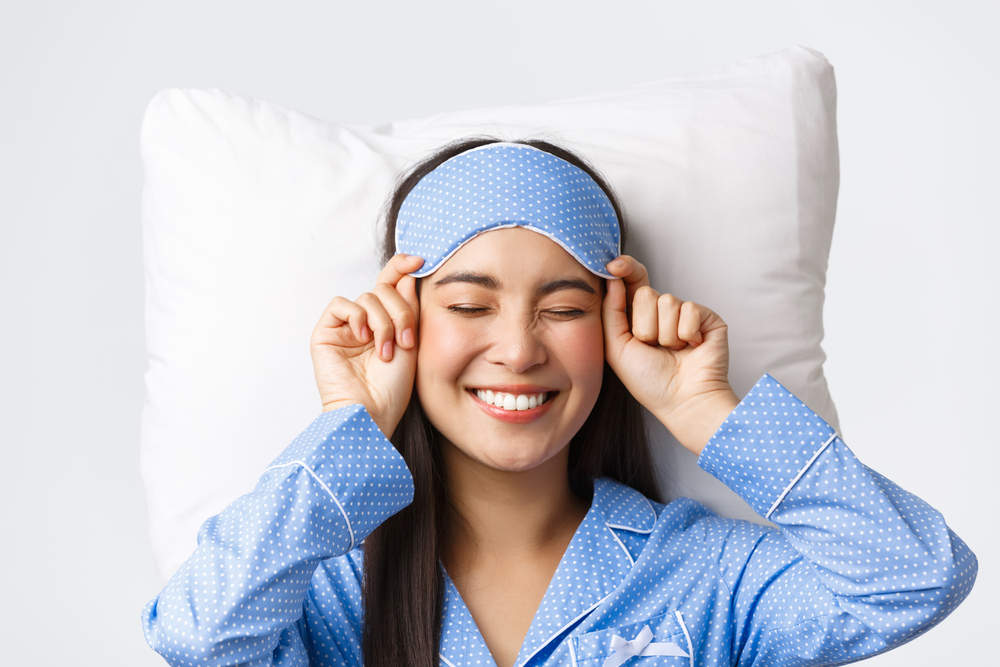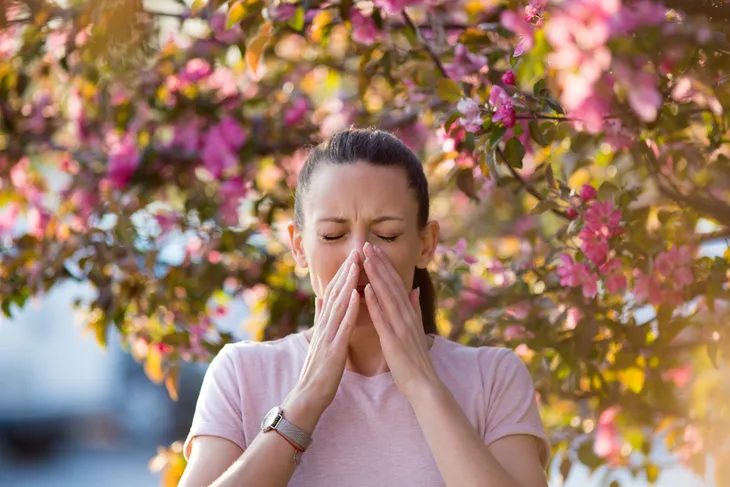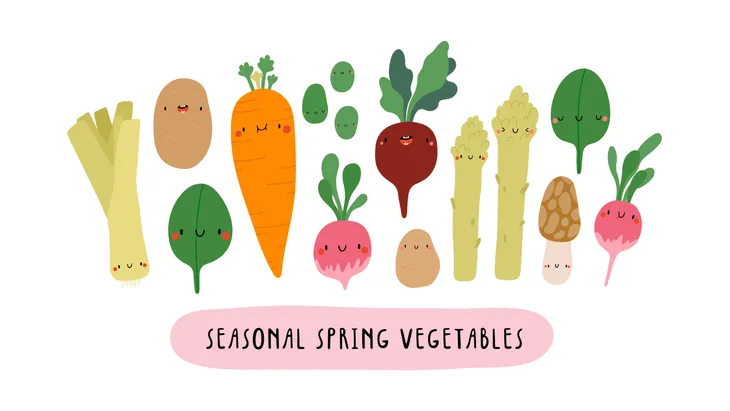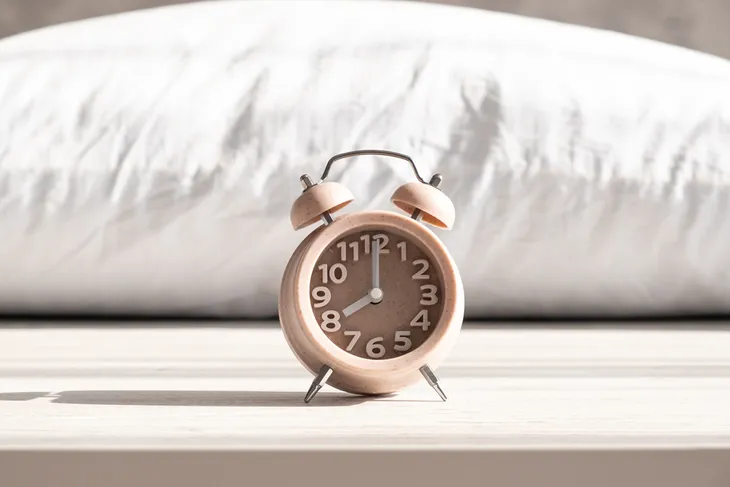When we spring forward with our clocks—oftentimes our sleep schedules are uprooted. As we adjust to the new season, springtime has its own set of sleep disruptions, such as seasonal allergies, longer days with more daylight, and the need for cooler temperatures. Here are eight tips to help you rejuvenated your sleep schedule for springtime…
Longer Days, Shorter Nights
The main reason why we adjust our clocks (or spring forward) is to allow for more hours of sunlight during the day. And while longer days help us remain more productive, they can also encourage us to stay up later or not get enough shuteye.
To encourage a good night’s sleep (minus sunlight in your eyes in the early morning hours) install blackout blinds or thicker curtains to bathe your bedroom in darkness so you can get a quality night of sleep.
Cooler Temperatures
As the brisk temperatures of winter make way for the muggy-hot days of spring, you may not consider that comfort has a large impact on your sleeping schedule. For instance, if your bedroom is too hot, you’ll likely toss and turn all night, unable to get settled in bed. So open the vents, take any plastic coverings off of windows, and install a fan or air conditioning unit if it keeps your sleeping quarters more comfortable at night.
Lighter Bedding
In spring it’s time for seasonal cleaning, but it’s also prime time to swap your heavy bedding (insulating comforters, wool blankets, and flannel sheets) for lighter, airy, breathable bedding. Invest in bedding to suit the season—for instance, a lighter comforter, cool sheets, and even make sure your pajamas are light and comfortable so you don’t wake up overheated in the night.
Keep Allergies at Bay
Springtime might banish the snow and winter parkas from our closets, but spring often welcomes allergens into our homes. Spring is prime pollen allergy season, and if you have trouble breathing (due to sinus pain, congestion, or post-nasal drip) you probably don’t sleep very well. If you suffer from allergies, invest in an air conditioning unit so you can keep windows and doors closed and allergies at bay.
Keep Pets Allergen Free
Do you sleep with your pet? Does your cat or dog go frequently outdoors? If they do, chances are they are bringing all sorts of allergens into your house—and if they snooze with you during the night—into your bed.
Pets can easily track pollen and dander into your home so either get a fluffy pet bed for Fido or Fifi, or be sure to towel them off when they return from their outdoor adventures.
Support Allergen-Free Breathing
Congestion and wheezing can keep you tossing and turning all night long due to those lovely May flowers, which are in full bloom. However, if you do your part to promote good nasal hygiene, you can take back restful slumber.
For instance, use a neti pot (or nasal rinse) before bedtime to cleanse your nasal passages of any lingering pollen, dust, or allergens that you would otherwise breath in all night long.
Eat Seasonally
What you eat seasonally really does make a difference. For instance, the body requires different nutrients for different reasons…depending on the season. In fact, research from the Ministry of Agriculture, Fisheries and Food in London, England supports seasonal eating.
In spring the need for foods rich in magnesium, calcium, and potassium (i.e., Greek yogurt, soymilk, fresh fruit and veggies, and whole grains) are vital as these nutrients encourage and boost serotonin and melatonin levels in the body, ease hormonal imbalances, and promote restful sleep.
Schedule Sleep
Just because you spring forward for the season doesn’t mean your sleep schedule needs to suffer. Sleep is important and important life events need to be scheduled and planned for. So to adjust to daylight savings time, pre-plan a good night’s sleep by counting backward 8-hours from the time you need to wake up in the morning. That will be your new bedtime and will ensure you get adequate shuteye.











